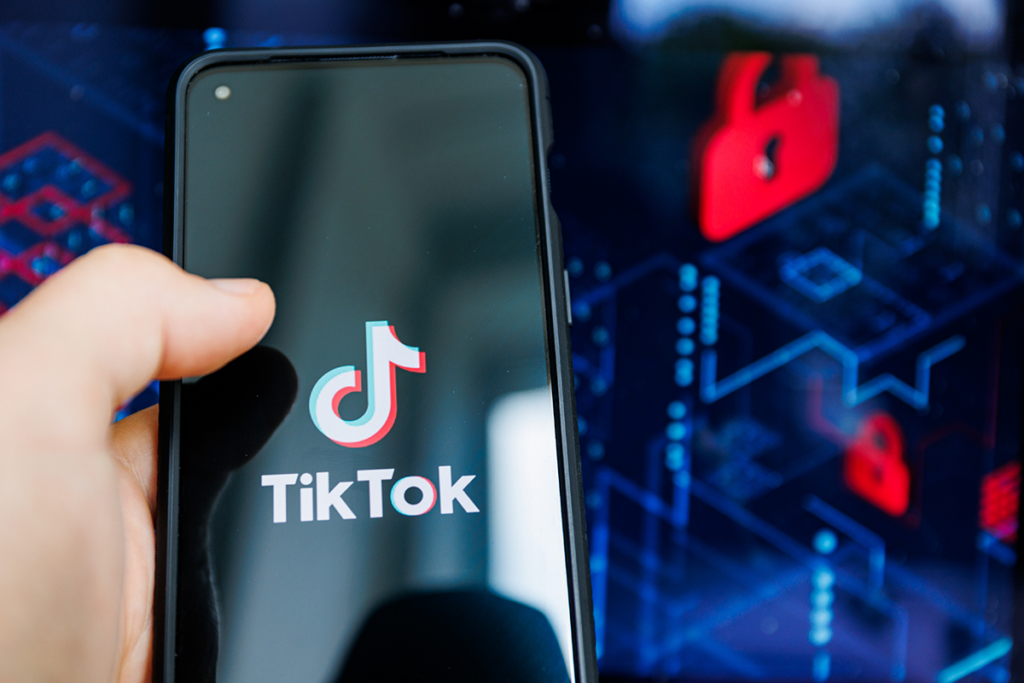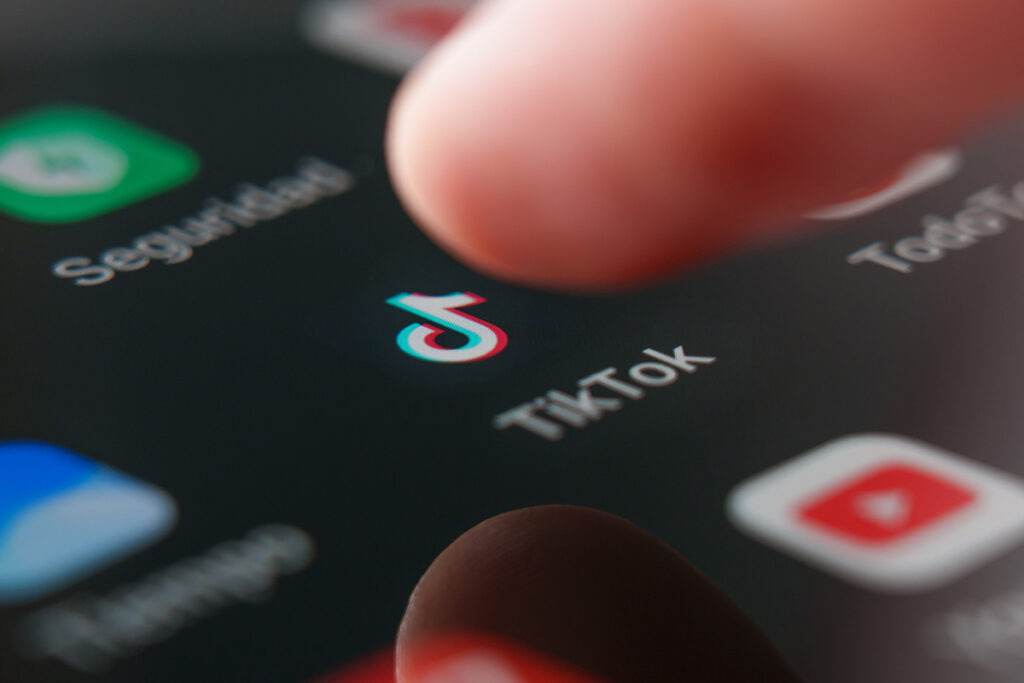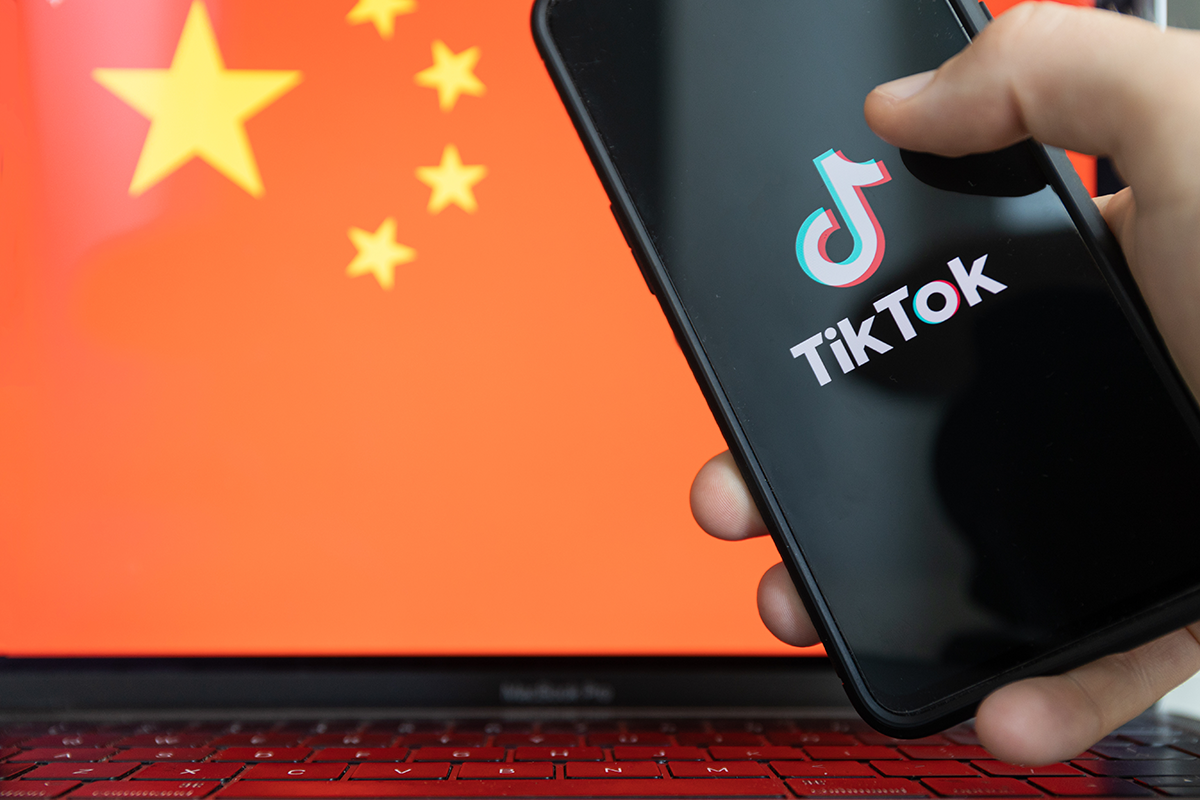Retailers in Tennessee and Oklahoma face diverse security challenges, from shoplifting and vandalism to organized retail crime and cyber threats. These issues demand tailored solutions that address the unique dynamics of urban and rural retail environments. Cuneo Consulting specializes in providing comprehensive security strategies, including advanced surveillance systems, employee training programs, and partnerships with local law enforcement. By leveraging cutting-edge technology and fostering community engagement, Cuneo Consulting ensures businesses are protected while fostering a safer retail environment. Through proactive measures and customized approaches, retailers can mitigate risks, enhance customer trust, and improve operational efficiency. Discover how Cuneo Consulting’s expertise empowers retailers to overcome modern security challenges and thrive in a competitive market.
Security Guards Offer Best Protection Against Growing Retail Theft
In the current retail landscape, businesses are increasingly grappling with the challenge of retail theft. This rampant issue not only causes significant financial losses but also jeopardizes the safety of both employees and customers.
Understanding the National Security Implications of TikTok
Democrat Sen Warner cedes 'Trump was right' on TikTok being 'enormous' national security issue
'Trump was right years ago when he pointed out the enormous national security concerns around TikTok,' Warner says
The recent statement by Senate Select Committee on Intelligence Chairman Mark Warner, D-Va., has reignited discussions about the national security implications of TikTok. Warner’s admission that former President Donald Trump was correct in his concerns about TikTok highlights the ongoing debate about the app’s influence and potential risks. This revelation, especially coming from a prominent Democrat, underscores the bipartisan nature of the concern surrounding TikTok, a social media platform owned by Chinese company ByteDance.
TikTok's Growing Influence and National Security Concerns
TikTok’s rise to popularity, especially among young Americans, has been meteoric. With an estimated 170 million users in the United States, its influence is substantial. Warner’s remarks about young Americans using TikTok as a news source underline the platform’s reach and potential impact on public opinion and information dissemination.
The core of the national security concern lies in TikTok’s ownership by ByteDance, a Chinese company. The Chinese government’s history of stringent control over information and its tendency to use technology companies for its purposes raises red flags. The fear is that the Chinese government could use TikTok as a conduit for propaganda, influencing public opinion in foreign countries, or for data harvesting purposes.
Historical Context: Trump's Stance on TikTok
Former President Trump’s administration was vocal about the potential threats posed by TikTok. In 2020, Trump signed an executive order aiming to ban TikTok in the U.S., citing national security concerns. Although this move was blocked by the courts, it set a precedent for viewing TikTok through the lens of national security.
Trump’s recent comments in 2024 show a shift in his stance, acknowledging the app’s popularity and its influence among young users. This change could be seen as a recognition of TikTok’s entrenched position in American social media culture.
The Legislative Response
The current attention on TikTok is not just a matter of political debate; it has legislative implications. The House of Representatives is preparing to vote on a bill that, if passed, would compel TikTok’s owner to sell the company or face a ban in the U.S. This move reflects a growing sentiment in Congress to take concrete action against the perceived threats posed by TikTok.
Warner’s optimistic view of the bill’s fate in the Senate, should it pass the House, suggests a strong bipartisan support for measures to address the national security concerns associated with TikTok. This bipartisan approach is crucial, considering the complex implications of regulating a platform that has become a significant part of American social media landscape.
The acknowledgment by Senator Mark Warner that former President Trump was right about the national security risks associated with TikTok marks a significant moment in the ongoing discussion about the role of foreign-owned social media platforms in the United States. It highlights the complexities of addressing national security concerns in an increasingly interconnected digital world, where social media platforms wield significant influence. The legislative actions being considered signify a concerted effort to balance national security interests with the realities of a global digital ecosystem.
The Intricacies of TikTok’s Data Privacy and Propaganda Concerns
The concerns highlighted by Senator Mark Warner about TikTok primarily revolve around data privacy and the potential for propaganda. These issues are deeply intertwined with the broader conversation about technology, privacy, and national security in the digital age.
Data Privacy Issues with TikTok – The apprehension surrounding TikTok largely stems from its data collection practices. As a social media platform, TikTok collects a vast amount of user data, including browsing history, location data, and personal information. This becomes a significant issue considering the app’s Chinese ownership. China’s National Intelligence Law of 2017 requires Chinese companies to support, assist, and cooperate with state intelligence work, which theoretically could involve handing over user data.
This possibility of data being accessed by the Chinese government raises red flags for many, especially in the context of U.S.-China relations and concerns about espionage and data security. The fear is that this data could be used for intelligence gathering or other malign purposes by the Chinese state.
The Propaganda Machine: Influence Operations via Social Media
Another critical concern with TikTok is the potential for the platform to be used as a tool for influence operations. The app’s algorithm, which dictates what content is shown to users, could potentially be manipulated to spread propaganda or disinformation. This is particularly troubling given the number of young Americans who use TikTok as a primary news source, as highlighted by Warner.
The spread of disinformation on social media has already been a significant issue in recent years, with instances of foreign interference in elections and public discourse. The worry is that TikTok, with its massive reach and sophisticated algorithm, could be a potent tool for such activities.
Trump’s Executive Order and Its Aftermath
Trump’s 2020 executive order aimed to address these concerns by banning TikTok unless it was sold to a U.S. company. This move, though blocked by the courts, signified the administration’s aggressive stance towards addressing the potential threats posed by TikTok. It also set a precedent for viewing Chinese-owned technology companies with suspicion regarding national security.
The legislative push to force a sale or ban the app in the U.S. is a continuation of this approach. However, it also reflects the complexities of regulating a global digital platform that is immensely popular among Americans, particularly younger demographics.
Balancing Security and Global Digital Interaction
The TikTok situation presents a challenging balancing act for U.S. policymakers. On the one hand, there is a clear need to address legitimate national security concerns. On the other hand, there is the reality of global digital interaction and the popularity of TikTok among millions of Americans.
Any action taken against TikTok will have far-reaching implications, not just for U.S.-China relations but also for how the U.S. approaches the regulation of international digital platforms in the future. It’s a scenario that requires careful consideration of the broader implications for digital freedom, privacy, and the global internet ecosystem.
The concerns about TikTok’s data privacy and potential for propaganda highlight the broader issues at the intersection of technology, security, and privacy in a globally connected world. The ongoing legislative efforts to address these concerns demonstrate the complexity of regulating international digital platforms while balancing national security interests with the realities of a digitalized society.
The Global Implications of Regulating TikTok and Chinese Technology Companies
The discussion around TikTok extends beyond U.S. national security concerns, touching on broader questions about global technology governance, U.S.-China technological competition, and the role of digital platforms in international politics.
The International Dimension of TikTok Regulation
TikTok’s situation is not unique to the United States. Several other countries have expressed concerns about the app’s data privacy practices and its potential use for influence operations. This global apprehension reflects a growing awareness of the implications of digital platforms on national security and public discourse.
The actions taken by the U.S. against TikTok will set a precedent for how other countries might approach the regulation of foreign-owned technology companies. This could lead to a more fragmented digital world, where international digital platforms are subject to varying regulations based on national security concerns.
U.S.-China Technological Competition
The TikTok issue is also a microcosm of the larger U.S.-China technological competition. As two of the world’s biggest economies and technological innovators, the U.S. and China are in a strategic competition over technological dominance. The U.S. concerns about TikTok are partly driven by broader worries about China’s increasing technological capabilities and its implications for U.S. national security.
This competition extends beyond TikTok to other areas of technology, such as 5G, artificial intelligence, and quantum computing. How the U.S. handles the TikTok case could signal its broader approach to managing Chinese technology’s influence and presence in its market.
The Role of Digital Platforms in International Politics
TikTok’s case also underscores the evolving role of digital platforms in international politics. Social media platforms like TikTok, Facebook, and Twitter have become arenas for geopolitical struggles, influence operations, and public diplomacy. The way these platforms manage content, protect user data, and engage with government regulations has significant implications for international relations and national security.
This raises questions about the responsibilities of digital platforms in governing content, protecting user data, and balancing the interests of different stakeholders, including governments, users, and shareholders.

The Challenge of Balancing Security and Innovation
One of the key challenges in regulating TikTok and similar platforms is balancing national security concerns with the need to foster innovation and maintain an open, global internet. Overly stringent regulations might protect national security but could stifle innovation and limit the free flow of information and ideas.
Policymakers must navigate these complex issues, ensuring that actions taken against platforms like TikTok do not inadvertently hamper technological progress or infringe upon digital rights.
The debate over TikTok highlights significant issues in global technology governance, U.S.-China technological competition, and the role of digital platforms in international politics. How the U.S. and other countries address these concerns will shape the future of the global digital landscape, impacting everything from national security to the global exchange of ideas and information.
The Role of Private Security Consulting in Navigating Digital Threats
In the context of the ongoing concerns about TikTok and other digital platforms, the role of professional private security consulting, such as offered by Cuneo.Consulting, becomes increasingly relevant and critical. These firms play a pivotal role in helping organizations navigate the complex landscape of digital threats and cybersecurity challenges.
Assessing Digital Security Risks
Private security consulting firms are instrumental in assessing the digital security risks associated with platforms like TikTok. They can provide in-depth analyses of potential vulnerabilities, including data privacy concerns, susceptibility to influence operations, and other cybersecurity threats. This assessment is crucial for organizations seeking to protect their data and maintain the integrity of their information systems.
Developing Strategies for Digital Risk Management
Beyond assessment, private security consultants can assist in developing comprehensive strategies for digital risk management. This includes crafting policies for the use of social media platforms, implementing cybersecurity measures, and providing training to staff on digital security best practices. These strategies are essential for organizations to proactively address the risks associated with digital platforms.
Navigating Regulatory Compliance
With the evolving regulatory landscape around digital platforms, private security consulting firms can guide organizations through compliance requirements. This is particularly relevant as laws and regulations change in response to national security concerns about platforms like TikTok. Professional consultants can help ensure that organizations are compliant with these changing regulations while minimizing disruption to their operations.
Crisis Management and Response
In instances where digital security breaches occur, private security consultants are critical in managing and responding to the crisis. They can provide rapid response services, help mitigate the damage, and assist in the recovery process. This support is invaluable in protecting an organization’s reputation and maintaining trust with stakeholders.
Educating and Raising Awareness
Private security consulting firms also play an educational role, raising awareness about the importance of digital security and the potential risks associated with digital platforms. By educating businesses and the public, these firms can help foster a more informed and security-conscious digital environment.
The complexities and risks associated with digital platforms like TikTok underscore the importance of professional private security consulting services. Firms like Cuneo.Consulting provide vital expertise and support in managing digital threats, ensuring regulatory compliance, and protecting against cybersecurity risks. Their role is crucial in helping organizations navigate the evolving digital landscape safely and securely.
Conclusion and Future Directions in Digital Security
The discussion around Senator Mark Warner’s acknowledgment of the national security concerns posed by TikTok, as well as former President Trump’s stance on the issue, brings to the forefront the multifaceted challenges of digital security in today’s world. This scenario emphasizes the need for vigilant and adaptable strategies to manage and mitigate the risks associated with digital platforms.
The Evolving Landscape of Digital Security
The case of TikTok exemplifies the dynamic and evolving nature of digital security threats. As digital platforms continue to grow in influence and complexity, the range of potential security risks expands. This evolution requires continuous monitoring and adaptation of security strategies to address emerging threats effectively.
The Importance of Collaborative Efforts
Addressing the security challenges posed by platforms like TikTok necessitates a collaborative approach. Government agencies, private sector entities, and security consulting firms must work together to develop comprehensive strategies that safeguard national security while preserving innovation and freedom of expression. This collaboration is essential for creating a balanced approach to digital security.

Emphasizing Education and Awareness
One of the key components in enhancing digital security is education and awareness. Increasing the understanding of digital threats among organizations and individuals is crucial for building a more secure digital environment. Professional security consulting firms play a vital role in this educational process, providing expertise and guidance on best practices for digital security.
The Future of Digital Security Regulation
As digital platforms continue to evolve, so too will the regulatory landscape. Governments will need to carefully consider how to implement regulations that address security concerns without stifling innovation or infringing on digital freedoms. This process will require thoughtful deliberation and a keen understanding of the technological and societal implications of such regulations.
The Role of Security Consulting in Future Digital Landscapes
Professional private security consulting services, such as those offered by Cuneo.Consulting, will be increasingly important in guiding organizations through the complexities of digital security. Their expertise and insights will be vital in helping organizations stay ahead of emerging threats and navigate the changing regulatory environment.
Final Thoughts
The issue of TikTok’s national security implications, as highlighted by Senator Mark Warner and former President Donald Trump, underscores the broader challenges of digital security in a connected world. As technology continues to advance, the role of professional security consultants becomes more critical in ensuring a secure and resilient digital landscape. By staying informed, proactive, and collaborative, we can effectively navigate the challenges of digital security and embrace the opportunities of our digital future.
Cuneo Consulting Endorses Vigilant Super Bowl Security Measures Amid Star-Studded Expectations
Edit Column
Edit Text Editor
As the anticipation for Super Bowl 58 builds, so does the assurance of a safe and secure experience for all attendees, thanks to the meticulous preparations of seasoned security experts. Cuneo Consulting stands in solidarity with the diligent professionals in Las Vegas, reinforcing the shield of vigilance that the city has exemplified.




